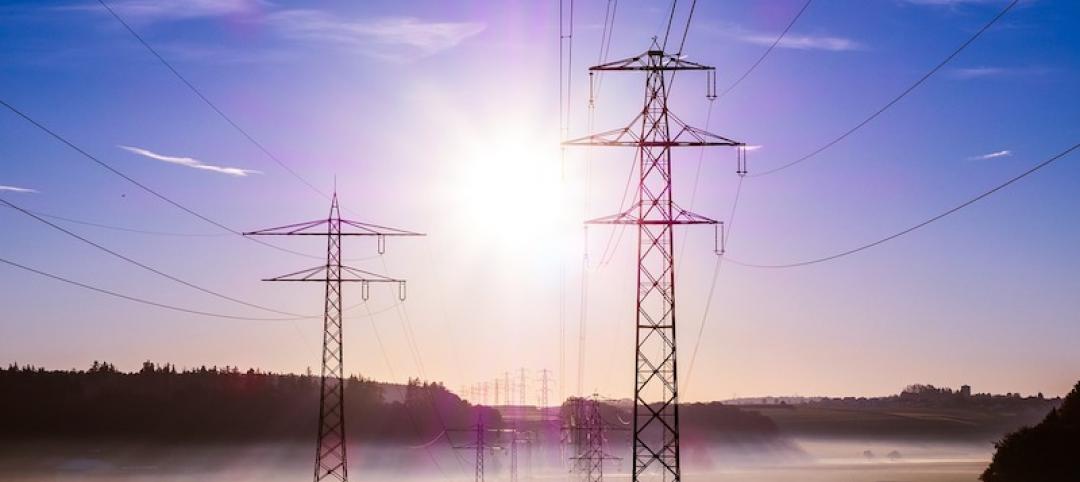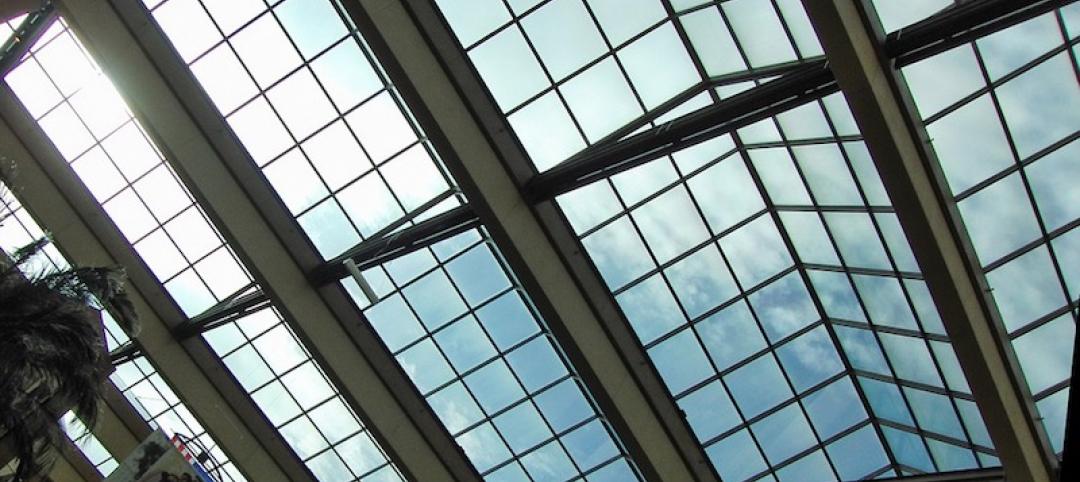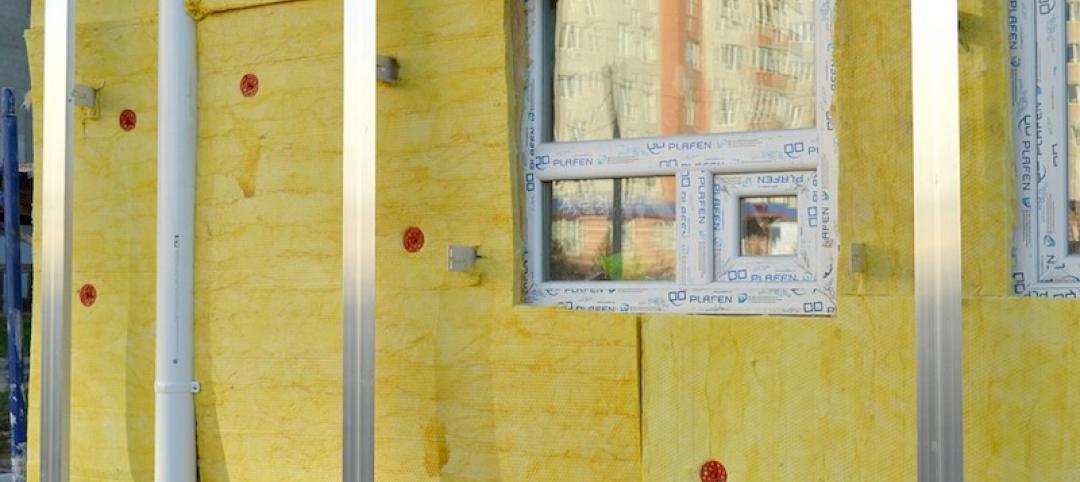A lack of metrics and associated data to establish current performance is holding back efforts to improve water and energy efficiency at sports venues, according to a new report from the National Institute of Building Sciences (NIBS).
More data is needed at both an individual venue level and across the building type, the report says. “Some venues do not have the tools, resources, or training to effectively manage and measure their performance, while those that have undertaken steps to improve do not have the data to compare themselves with their peers to determine if they are leading the pack or if there is still much more to be done,” it says.
NIBS, the Green SportsAlliance, and the Environmental Protection Agency are working to fill in the knowledge gap, but more data from arenas and stadiums is needed. Improving efficiency requires cooperation from operations and other departments,sponsors, vendors and concessionaires, government, utilities, allied organizations, leagues and conferences, management companies, designers,athletes, and fans, the report says.
The report recommends using financing mechanisms to improve access to capital. Technologies and practices of particular interest include lighting, renewable energy,refrigeration, occupant comfort, field maintenance (including irrigation, grow lights, and hydronics), plumbing, and metering, measurement, and verification tools.
Related Stories
Codes and Standards | Oct 12, 2018
Boston ‘housing emergency’ prompts regional initiative for new residential construction
Mayors of 15 cities set goal of 185,000 new homes by 2030.
Codes and Standards | Oct 11, 2018
On-site staff key to energy benchmarking project for property management company
Manager training, data sharing are critical to meeting 20% utility cost reduction goal.
Codes and Standards | Oct 10, 2018
Interactive heat maps track temperature ranges in U.S. cities
Urban heat island effect can vary by as much as 37°F in the same city.
Codes and Standards | Oct 9, 2018
Power systems will become more decentralized for better disaster resiliency
Businesses, homeowners will control more power-generation capacity.
Codes and Standards | Oct 5, 2018
Getting commitments from key subs critical on government contracts
Withdrawn subcontractor bids can be costly.
Codes and Standards | Oct 4, 2018
Internal watchdog says EPA falling short to protect school children from asbestos
Agency not conducting enough inspections, report says.
Codes and Standards | Oct 3, 2018
Climate change impacts could prompt realignment of assets for commercial property developers
Strategies include reducing exposure to properties in flood-prone areas.
Codes and Standards | Oct 2, 2018
Political will, tougher standards needed to reach carbon neutral goal
Stretch codes, more stringent credentials for designers, contractors, and inspectors may be needed.
Codes and Standards | Sep 27, 2018
Natural light is the most prized office perk
Employees crave sunshine and views of the outdoors more than cafeterias, fitness centers, and childcare.
Codes and Standards | Sep 26, 2018
Industry consensus needed for multifamily energy efficiency retrofit approach
Choice of insulating materials can impact indoor air quality, resident health.
















